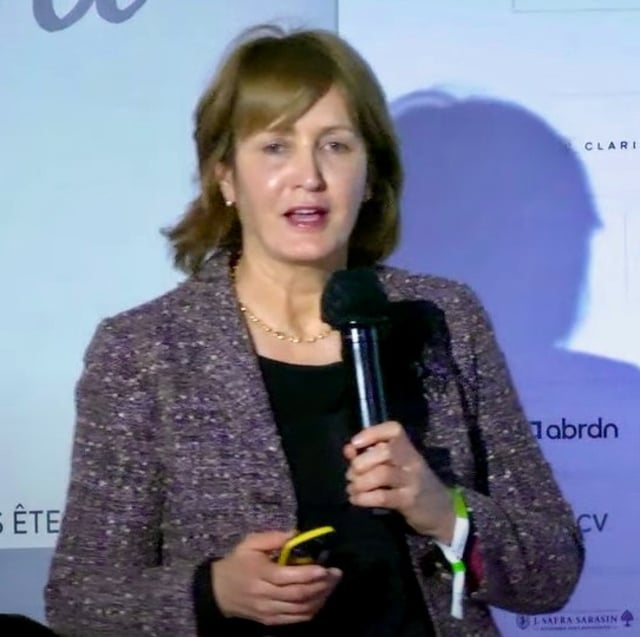Overview
- The WHO‑commissioned meta‑analysis, published in The Lancet Gastroenterology & Hepatology, pooled data from more than 1.7 million people across 50 countries.
- Hospital‑based specialist models performed best yet still left major gaps, with fewer than 75% assessed for treatment eligibility and only about 78% of eligible patients starting antivirals.
- Primary care, co‑managed care, and passive referral models showed lower assessment, initiation, and retention rates, while postpartum follow‑up after antenatal diagnosis was notably weak.
- Community screening programs with active linkage achieved the highest treatment starts, with 97.7% of eligible patients beginning therapy in reviewed cohorts.
- Outcomes were stronger for those on therapy, with retention of 87.7% versus 47.2% off therapy and viral suppression around 73% at 12 months in specialist care, prompting calls to decentralise services, integrate with HIV/NCD care, enable same‑day initiation, remove out‑of‑pocket costs, and apply HIV‑style retention strategies as funding pressures from USAID/PEPFAR cuts intensify.

